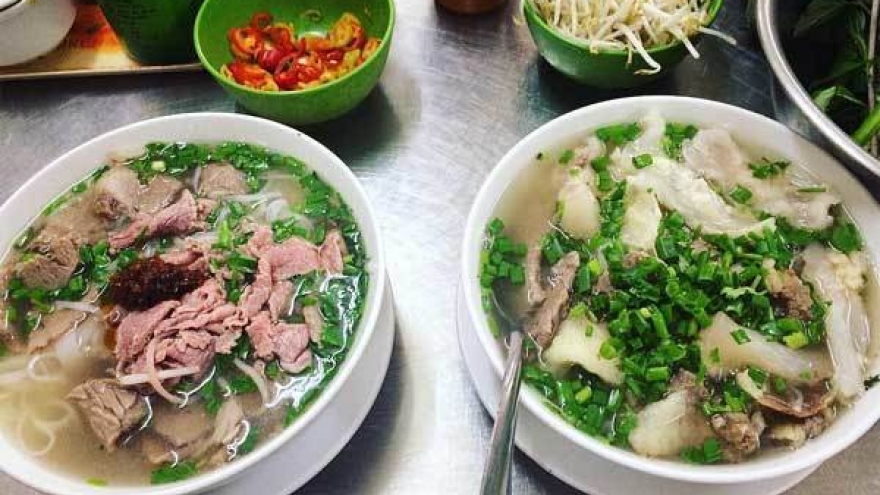HCM City ‘surprisingly new’ in New York Times story
“For a place with so much history – decades of wartime and occupation have left their scars – Ho Chi Minh City feels surprisingly new,” the New York Times Style Magazine starts in a recently-published story about the “vibrant, stylish, youthful” city.
 |
|
The honey-coloured Cha Tam Church in Ho Chi Minh City’s District 5. (Photo: The New York Times Style Magazine)
|
A short period of overwhelming foreign investment, plus rapid urbanization and a booming labor force, has established Vietnam as one of the fastest growing economies in the world, with Ho Chi Minh City – still often referred to as Saigon – at its forefront, it says.
“While increasingly taller buildings continue to reshape the skyline, the city remains firmly in touch with tradition,” it describes, and visitors can enjoy the best street-side bowl of pork vermicelli in the city at the intersection of Nguyen Trung Truc and Le Loi a few blocks away from a Louis Vuitton store.
“It’s that dichotomy — between a 50-cent scooter ride and a 150-USD omakase, for example — that has turned visitors into residents and residents into the new business owners who diversify the city’s ever-evolving cultural landscape.”
Viet Kieu, the children and grandchildren of refugees who fled the country during the war, are returning to their roots and inspiring contemporary perspectives on Saigonese fashion, food and art, it adds.
The magazine then provides readers a guide of where to stay, eat, shop and what to see in Vietnam’s largest and most exhilarating metropolis.
Anyone with even cursory knowledge of Vietnamese cuisine is aware of Pho and of how readily it can be found in Vietnamese-American enclaves like San Jose, California and Houston, it says.
But Ho Chi Minh City offers some of the “funkier, more complex noodle soups of the region” - a crab-and-tomato broth cradling fresh snails and fried fish cake at Bun Rieu Cua Oc (66 Nguyen Thai Binh); the pork rib and Vietnamese charcuterie in clear broth punctuated with fermented shrimp paste at Bun Moc Thanh Mai (14 Truong Dinh); or the dry noodles with wontons and lardons at Hu Tieu Mi Co Giang (176 Bis Phuong Co Giang).
The story also introduces visitors to contemporary streetwear brands – The New Playground and Moi Dien – by “Viet Kieu” creative designers, and suggests they visit the Buddha-themed Suoi Tien amusement park and the Southern Women’s Museum where relics and photographs relating to the history of Vietnamese women and their impact on the development and liberation of the country are on display.



